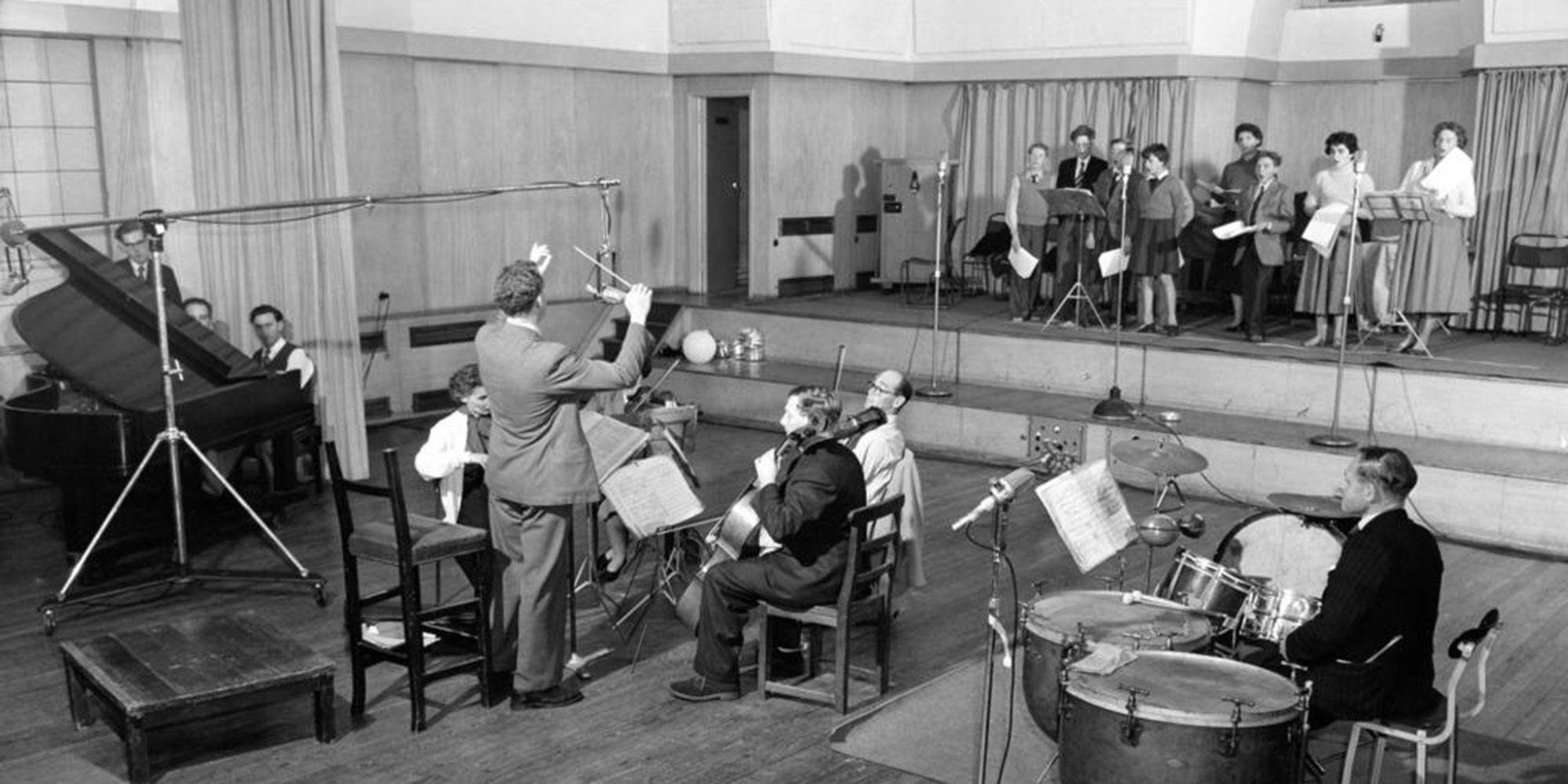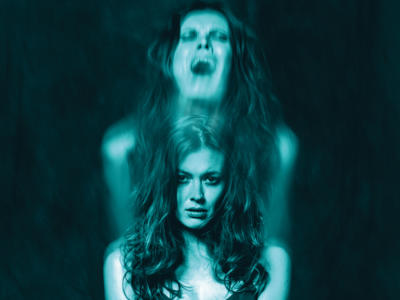An introduction to Blond Eckbert
Here’s everything you need to know about ENO’s production of Judith Weir’s Blond Eckbert.
It’s based on a German supernatural short story
Blond Eckbert was originally found in Peter Lebrechts Märchen (Peter Lebrecht’s Fairy-Tales) written by Ludwig Tieck, a German poet and writer.
Known for his work in the Romantic Movement in the late 18th/early 19th centuries, Tieck later became a influence on Richard Wagner’s opera Tannhäuser, which took plot points from Tieck’s writings.
Coming under the genre of ‘Kunstmärchen’, a German term translating to ‘art fairy tales’, Blond Eckbert broke from the fairy tale norm by disposing with the usual happy ending. Instead, Tieck leaves the titular protagonist in ruin by the end, much in keeping with his contemporaries the Brothers Grimm.
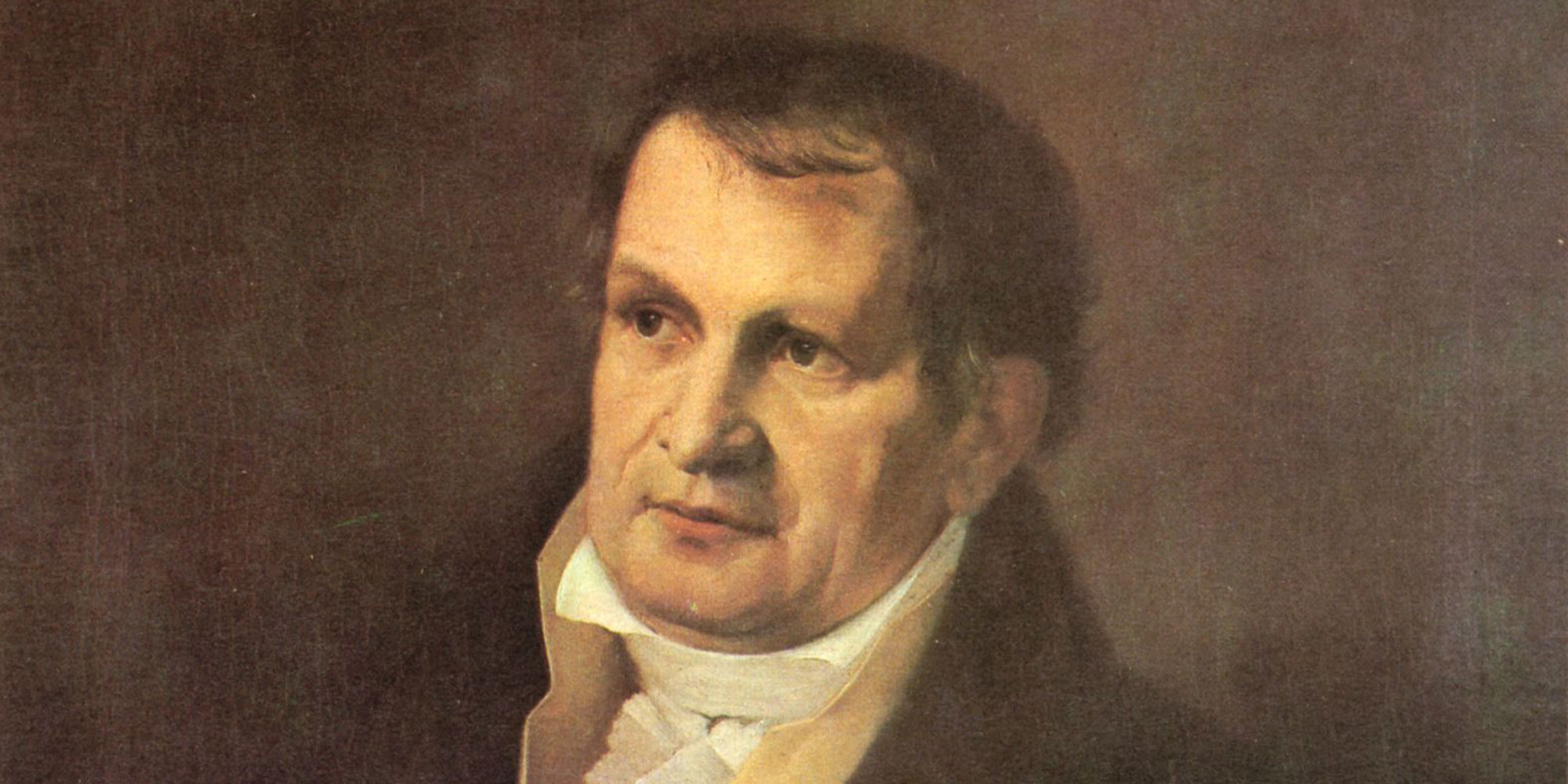
This is the 'pocket' edition of the opera
First performed in 1994 at the London Coliseum, Blond Eckbert was Judith Weir’s 9th work for stage, following a number of successful and well received operas such as The Black Spider, A Night at the Chinese Opera and The Vanishing Bridegroom. Judith Weir notably became the first woman to be first female Master of the Queen’s Music, taking on the role in 2014 from Peter Maxwell Davies.
Blond Eckbert was first presented as a standard two-act, 1 ½ hour long production, but our 2020 version was to be a one-act version of the opera.
Written for a reduced orchestra, this ‘pocket’ edition (first performed in 2006 by The Opera Group) retains the ‘heart’ of the opera, while creating a more intimate experience, drawing the audience into Eckbert’s predicaments.
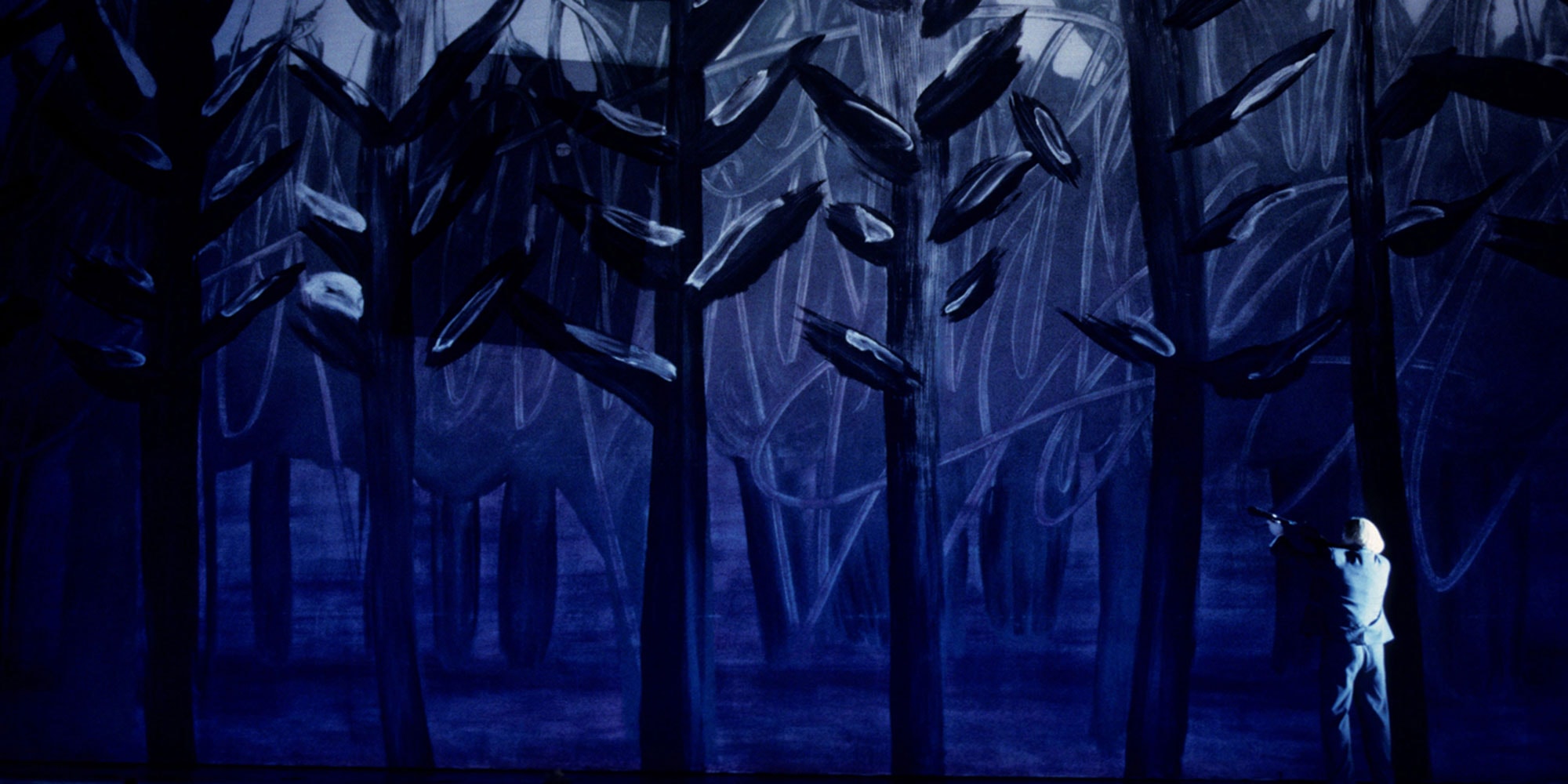
The plot revolves around Eckbert's sense of isolation
The plot of the opera revolves around the theme of isolation and ‘Waldeinsamkeit’, a word Tieck coined in the story, for joy at being alone in the woods.
Eckbert and Berthe live alone in the forest, with little contact from the outside world, living in solitude on their homestead. When a visitor comes who claims to know Berthe, Eckbert’s little world suddenly becomes a lot bigger, and a lot more complex in ways he couldn’t anticipate.
Whilst he seems to view his loneliness as an issue at the beginning of the story, soon Eckbert changes his mind – the comfort and security that comes with isolation is something he tries to cling to as his quiet life is torn apart and violated. Sometimes secrets are better off staying secrets…
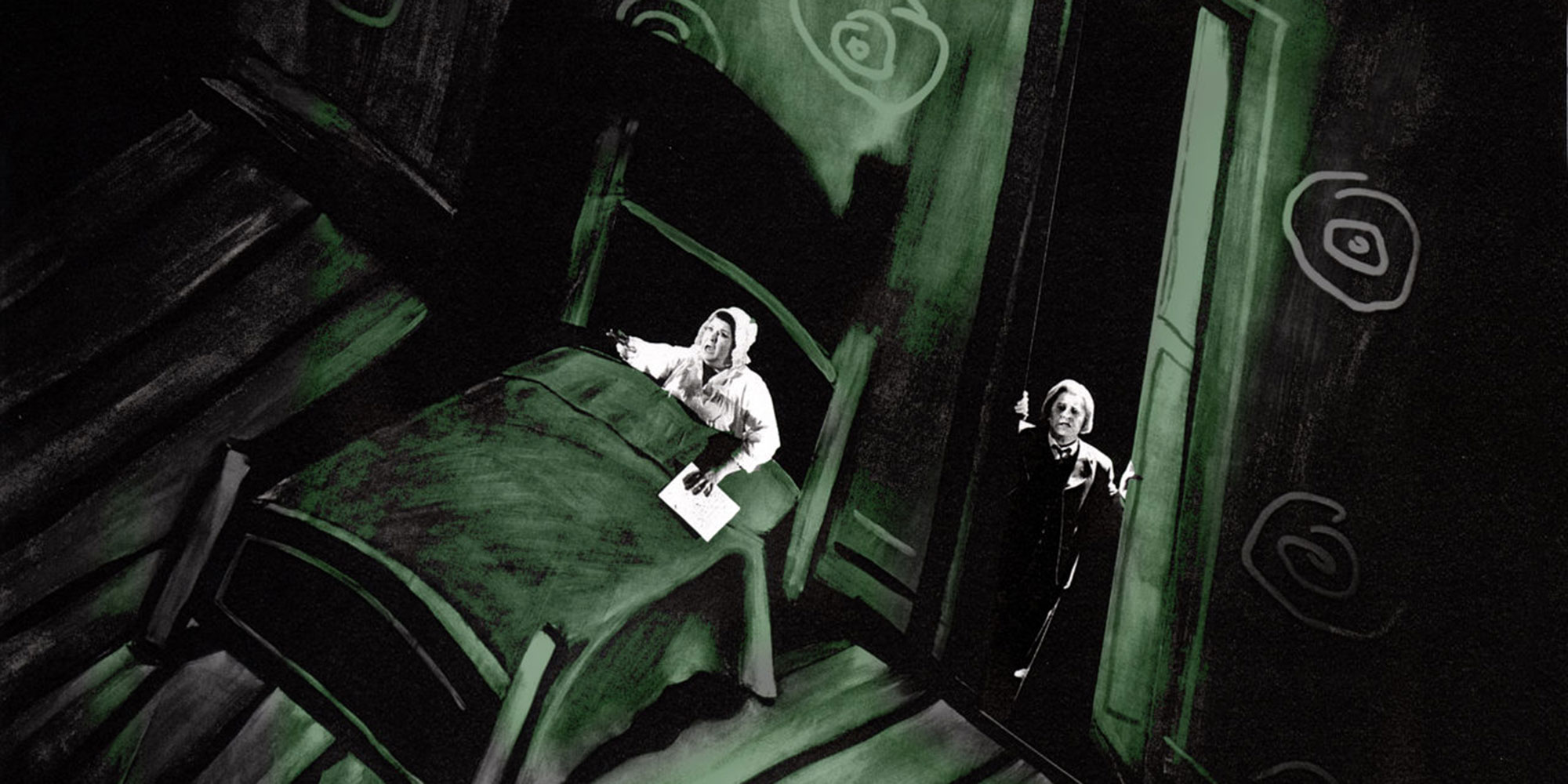
The opera is to be staged at Lilian Baylis House
ENO Studio Live was about exciting operas in intimate spaces, Blond Eckbert follows in the footsteps of Trial By Jury, The Day After and Acis and Galatea was to be being staged at Lilian Baylis House in West Hampstead, former home of English National Opera’s rehearsal spaces.
The building, behind the original façade of the West Hampstead Town Hall, was previously the Decca Recording Studios and hosted many classical recording sessions (including Benjamin Britten recording The Little Sweep, see below), alongside five albums by The Moody Blues, the formation of Fleetwood Mac and David Bowie’s first single Liza Jane.
